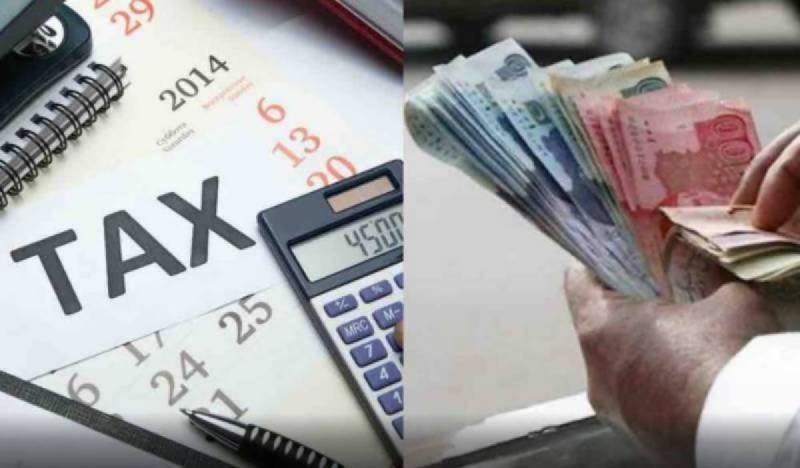PTBP Web Desk
The Federal Board of Revenue (FBR) Headquarters on Monday, Chairman Rashid Mahmood Langrial shed light on the pervasive issues of undervaluation and misdeclaration within Pakistan’s bustling real estate sector. According to Langrial, a staggering 93.7 percent of property transactions during the fiscal year 2023-24 were valued below Rs5 million, spotlighting the rampant undervaluation practices that have long plagued the sector’s transparency and revenue potential.
The FBR chairman’s data-driven discourse revealed that out of the 1.695 million property transactions conducted last year, an overwhelming majority, specifically 1,589,328 transactions, were for properties with a taxable value not exceeding Rs5 million. This statistic not only underscores the extent of undervaluation but also the potential tax revenue lost due to these practices. On the other end of the spectrum, only 3,250 transactions, or 0.2 percent, involved properties valued
In response to these findings, the real estate sector during the meeting with the National Assembly Standing Committee on Finance and Revenue proposed amendments to “The Tax Laws (Amendment) Bill, 2024.” The key suggestion was to exempt the requirement of disclosing the source of investment for property transactions up to Rs50 million. This amendment aims to simplify the tax process for a significant portion of the market while still ensuring compliance and transparency for higher-value transactions.
Langrial emphasized that these amendments would only impact about 2.5 percent of the population, suggesting that 95 percent of households would remain unaffected. This legislative adjustment is part of a broader strategy to ban economic transactions by ineligible individuals and businesses, which, in turn, could curb tax evasion and boost collection. He highlighted a significant revenue gap of approximately Rs1.6 trillion in the top 5 percent of transactions compared to just Rs140 billion from the rest, illustrating the potential for substantial fiscal improvement.
The chairman was clear in his stance that while investors in the property sector must disclose their sources of investment, the government is keen on reducing transaction taxes to stimulate the market. This dual approach aims to foster an environment conducive to investment while ensuring fiscal responsibility. The strategy appears to be a delicate balance between facilitating economic growth in real estate and addressing the long-standing issues of tax evasion.
Langrial’s statements and the proposed legislative changes signal a pivotal shift in how real estate transactions are viewed and managed from a tax policy perspective. By focusing on a minor segment of high-value transactions, the FBR hopes to capture significant revenue without overburdening the majority of the market. This could lead to increased transparency, better compliance with tax laws, and potentially more accurate property valuations, which are critical for both market stability and government revenue.
The dialogue between the FBR and the National Assembly Standing Committee is a part of an ongoing effort to refine Pakistan’s tax policies. These discussions are crucial for adapting the legal framework to current economic realities, particularly in sectors like real estate which have historically been complex to regulate. The outcome of these deliberations could set precedents for future tax reforms, not just in real estate but across various sectors of the economy.
As Pakistan navigates these reforms, the focus remains on achieving a balance where economic growth is not stifled by stringent tax policies, yet the state’s fiscal needs are met through effective and fair taxation. The steps taken by Chairman Langrial and his team might just be the beginning of a new era in Pakistani tax policy, one that promises greater equity, efficiency, and transparency.




